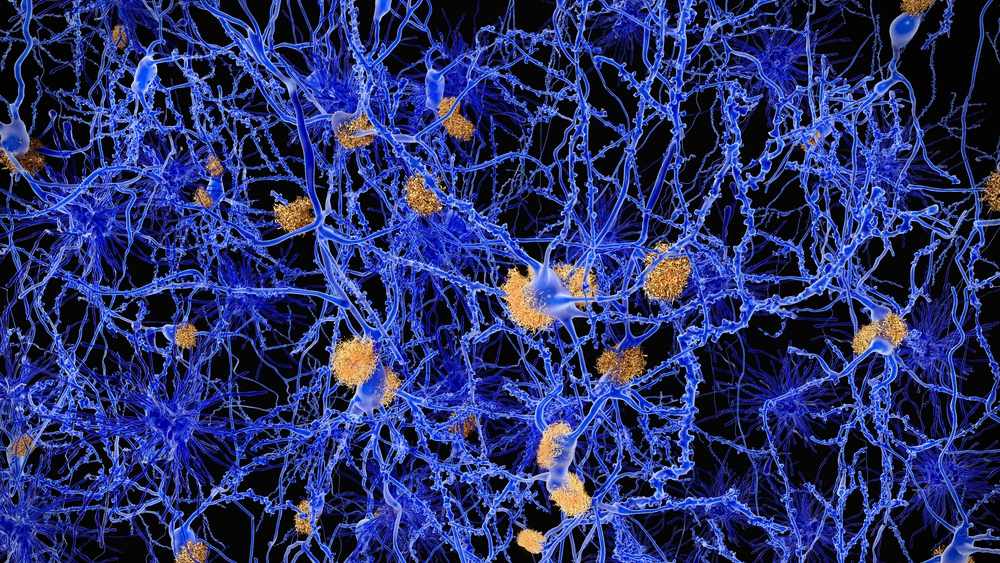
The Food and Drug Administration (FDA) approved aducanumab to treat Alzheimer's disease on Monday, June 7. About 6 million people in the U.S. and 30 million worldwide are living with Alzheimer's disease, a progressive brain disorder that is the most common cause of dementia.
"I think this is good news for our patients with Alzheimer's disease who now have a therapy that attacks one of the underlying causes of the disease," says Ronald Petersen, M.D., Ph.D., neurologist and director of Mayo Clinic's Alzheimer's Disease Research Center. Dr. Petersen is the Cora Kanow Professor of Alzheimer's Disease Research and the Chester and Debbie Cadieux Director of Mayo Clinic Alzheimer's Disease Research Center.
Aducanumab targets amyloid plaques in the brain that are believed to be an essential component of Alzheimer's disease.
"There is certainly great demand for a therapy for Alzheimer's that significantly slows down the disease, and I hope that aducanumab will deliver on that goal," says David Knopman, M.D., a Mayo Clinic neurologist.
With no drugs on the market to treat the underlying cause of disease, the FDA's decision came after months of study and debate in the Alzheimer's disease research field.
Biogen, the drug's manufacturer, stopped clinical trials. Later Biogen reevaluated its data, determining one trial was positive and one was negative. Biogen sought FDA approval, but an FDA advisory committee voted against it in November 2020.
As scientists and patient advocate communities have examined the issue, one question was whether the drug slowed Alzheimer's disease progression enough to offer patients benefits, compared with the risk of side effects.
"Due to the underlying nature of the Alzheimer's process, treating amyloid would not be expected to produce a large clinical effect, but the FDA was convinced that sufficient evidence was demonstrated," Dr. Petersen says.
In clinical trials, aducanumab — an IV drug — was tested with people who were in an early stage of Alzheimer's disease and showing symptoms, such as memory loss, and who tested positive for amyloid plaques in the brain.
"The small benefits of aducanumab pose a real challenge for justifying the large investment in time and effort on the part of the patient and family, as well as the health care system," Dr. Knopman says.
Now that the drug is approved, specific guidance has not yet been determined about patient eligibility, but patients and their families are encouraged to talk to their health care providers.
"A great deal of work lies ahead to choose which patients might be eligible for the treatment and to monitor safety," Dr. Petersen says.
Dr. Knopman agrees. "Identifying the right patients for aducanumab will be a challenge and so will the safe management of the treatment," he says.
###
About Mayo Clinic
Mayo Clinic is a nonprofit organization committed to innovation in clinical practice, education and research, and providing compassion, expertise and answers to everyone who needs healing. Visit the Mayo Clinic News Network for additional Mayo Clinic news. For information on COVID-19, including Mayo Clinic's Coronavirus Map tracking tool, which has 14-day forecasting on COVID-19 trends, visit the Mayo Clinic COVID-19 Resource Center.
Media contact:
- Susan Barber Lindquist, Mayo Clinic Public Affairs, newsbureau@mayo.edu
_____________________________________________________
Disclosures
Dr. Petersen has consulted with Biogen on aducanumab, but he was not involved in the design or execution of the clinical trials.
Dr. Knopman is a former member of the FDA's Peripheral and Central Nervous System Advisory Committee, but he was recused for the aducanumab advisory hearing because he was a site principal investigator for one of Biogen's aducanumab trials.
Mayo Clinic campuses in Rochester, Minnesota, and Jacksonville, Florida, participated in aducanumab clinical trials.







